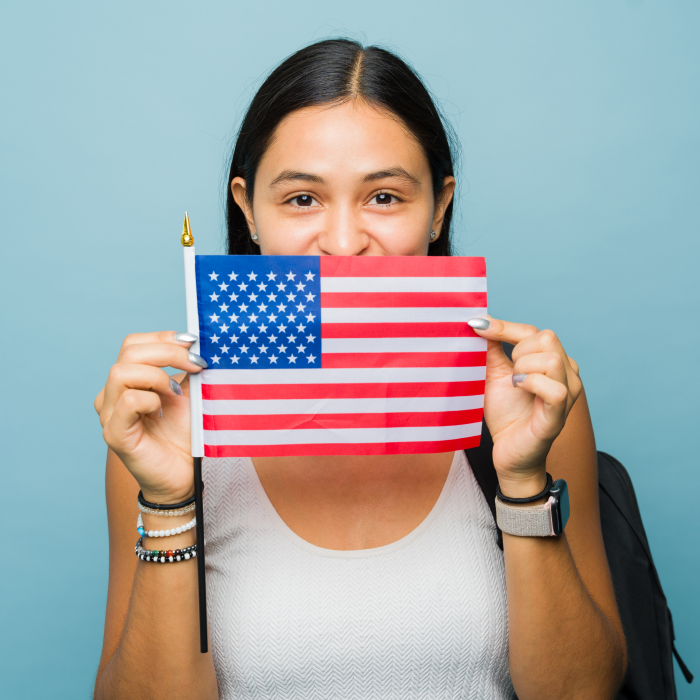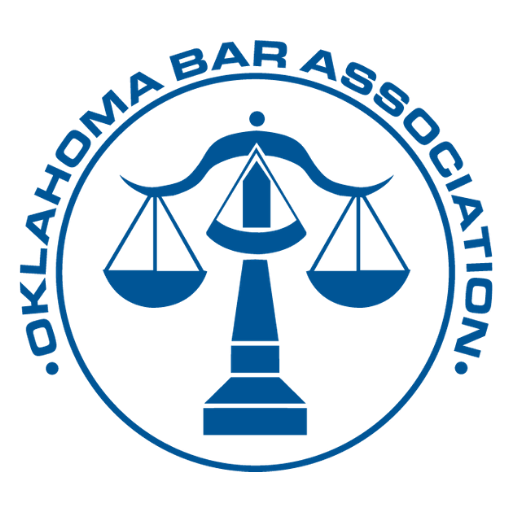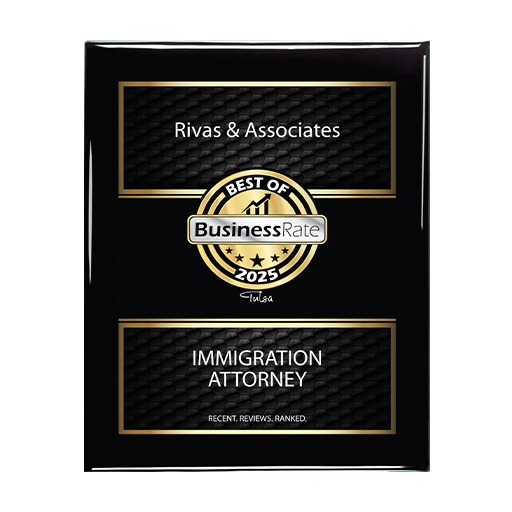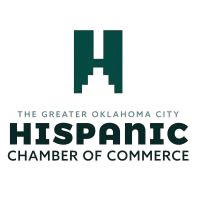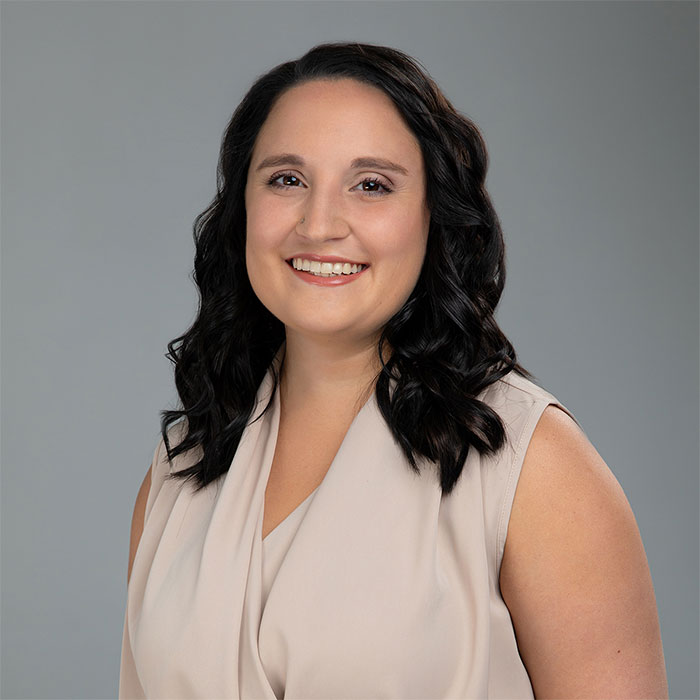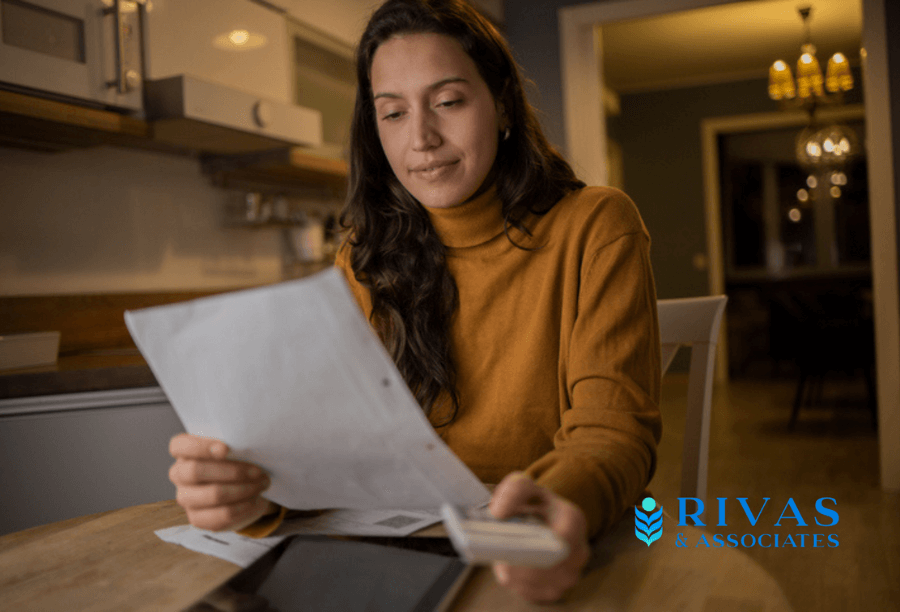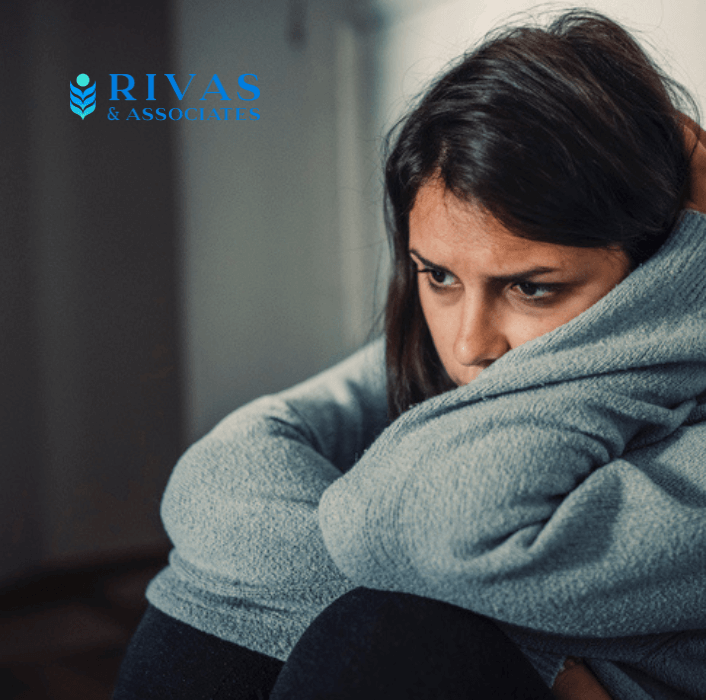VAWA, the Violence Against Women Act, Allows Individuals to Self-Petition for a Green Card If They Have Been Subjected to Violence or Abuse
Are you facing domestic violence and seeking legal immigration options? The Violence Against Women Act (VAWA) defends the safety and stability of abuse victims by offering a path to citizenship for individuals subjected to domestic violence and several other forms of abuse in the United States. If this describes you, then you need to explore your potential options under VAWA, which may include eligibility to self-petition for a green card.
The VAWA immigration legislation, passed in 1994, allows non-US citizens who are facing marital/family problems to pursue their own immigration status independent of their U.S. Citizen or Resident spouse or parent. VAWA helps to protect immigrants in the United States who are seeking safety, and our skilled VAWA immigration lawyers are prepared to support you in pursuing legal status! At Rivas & Associates, we want you to achieve your American dream, and that is why we are committed to helping and guiding you throughout the VAWA process.
Learn how our bilingual and Spanish-speaking immigration attorneys in Tulsa, Oklahoma can help you navigate VAWA immigration requirements and protect your safety. Schedule a consultation with Rivas & Associates today and learn if a VAWA application is right for you by calling (844) 37-RIVAS(844) 37-RIVAS or filling out our online form. Hablamos español.
Key Takeaways
- VAWA allows victims of domestic abuse to self-petition for a green card without relying on their abuser
- Eligible applicants for VAWA immigration include abused spouses, children, and parents of U.S. citizens or permanent residents
- Evidence of abuse can include police reports, medical records, and affidavits from witnesses or professionals
- A domestic violence immigration attorney at Rivas & Associates can help victims of abuse or domestic violence seek a safer life far from the abuser
- VAWA recognizes both physical and verbal abuse as forms of domestic violence
- Rivas & Associates offers Spanish-speaking support and consultations for VAWA applicants
Types or Classes of People Who Can Self-Petition for a Green Card Under VAWA, and Under What Circumstances
The Violence Against Women Act (VAWA) allows certain individuals to self-petition for a green card if they have been subjected to abuse. Eligible classes include:
- spouses of U.S. citizens or permanent residents
- children of abusive U.S. citizens or permanent residents
- parents of abusive U.S. citizen adult children
These individuals must demonstrate good moral character and provide evidence of the abusive relationship. For spouses, the marriage must have been entered into in good faith, even if it has since been terminated. Children under 21 years of age at the time of filing can self-petition, as can parents of U.S. citizens who are at least 21 years old. The abuse involved can be physical, emotional, or psychological, and applicants must provide substantial evidence to support their claims.
Applicants must not have been convicted of certain crimes that would make them inadmissible to the United States. VAWA self-petitioners are exempt from some grounds of inadmissibility, such as entering without inspection or overstaying a visa. However, maintaining good moral character is necessary for a successful VAWA petition and subsequent adjustment of status to permanent residency.
VAWA, the Violence Against Women Act, Allows Individuals to Self-Petition for a Green Card If They Have Been Subjected to Violence or Abuse
Are you facing domestic violence and seeking legal immigration options? The Violence Against Women Act (VAWA) defends the safety and stability of abuse victims by offering a path to citizenship for individuals subjected to domestic violence and several other forms of abuse in the United States. If this describes you, then you need to explore your potential options under VAWA, which may include eligibility to self-petition for a green card.
The VAWA immigration legislation, passed in 1994, allows non-US citizens who are facing marital/family problems to pursue their own immigration status independent of their U.S. Citizen or Resident spouse or parent. VAWA helps to protect immigrants in the United States who are seeking safety, and our skilled VAWA immigration lawyers are prepared to support you in pursuing legal status! At Rivas & Associates, we want you to achieve your American dream, and that is why we are committed to helping and guiding you throughout the VAWA process.
Learn how our bilingual and Spanish-speaking immigration attorneys in Tulsa, Oklahoma can help you navigate VAWA immigration requirements and protect your safety. Schedule a consultation with Rivas & Associates today and learn if a VAWA application is right for you by calling (844) 37-RIVAS(844) 37-RIVAS or filling out our online form. Hablamos español.
Key Takeaways
- VAWA allows victims of domestic abuse to self-petition for a green card without relying on their abuser
- Eligible applicants for VAWA immigration include abused spouses, children, and parents of U.S. citizens or permanent residents
- Evidence of abuse can include police reports, medical records, and affidavits from witnesses or professionals
- A domestic violence immigration attorney at Rivas & Associates can help victims of abuse or domestic violence seek a safer life far from the abuser
- VAWA recognizes both physical and verbal abuse as forms of domestic violence
- Rivas & Associates offers Spanish-speaking support and consultations for VAWA applicants
Types or Classes of People Who Can Self-Petition for a Green Card Under VAWA, and Under What Circumstances
The Violence Against Women Act (VAWA) allows certain individuals to self-petition for a green card if they have been subjected to abuse. Eligible classes include:
- spouses of U.S. citizens or permanent residents
- children of abusive U.S. citizens or permanent residents
- parents of abusive U.S. citizen adult children
These individuals must demonstrate good moral character and provide evidence of the abusive relationship. For spouses, the marriage must have been entered into in good faith, even if it has since been terminated. Children under 21 years of age at the time of filing can self-petition, as can parents of U.S. citizens who are at least 21 years old. The abuse involved can be physical, emotional, or psychological, and applicants must provide substantial evidence to support their claims.
Proving Abuse Under VAWA to Petition for a Green Card
Proving abuse under VAWA requires substantial evidence to support the self-petitioner’s claim. Applicants must demonstrate that they have suffered battery or extreme cruelty from a U.S. citizen or lawful permanent resident spouse, parent, or child. Evidence can include police reports, medical records, and affidavits from witnesses or professionals.
The abuse can be physical, emotional, or psychological, and may include threats, intimidation, or controlling behavior. Individuals seeking to immigrate under the Violence Against Women Act may have suffered from sexual abuse, dating violence, or potentially violent and intimidating behaviors like stalking or other psychological abuse. VAWA protects people who have suffered abuse, regardless of gender.
Petitioners must show that the relationship was entered into in good faith and not solely for immigration benefits. Documentation such as joint bank accounts, shared leases, or family photographs can help establish the legitimacy of the relationship.
Types of Evidence Necessary to Support an Abuse Claim Under VAWA
Victims seeking protection under VAWA must provide compelling evidence of abuse. This can include documentation of physical injuries, law enforcement reports, and medical records. Psychological abuse, often more challenging to prove, may require statements from mental health professionals or counselors.
VAWA self-petitioners should provide a detailed personal statement describing the abuse and its impact on their family. Supporting evidence may include:
- Protection orders or restraining orders
- Documentation of assault charges or convictions
- Therapy or counseling records documenting psychological or emotional abuse impacts
- Photographs of injuries
- Statements from domestic violence shelters
- Medical records documenting injuries
- Police reports of domestic incidents
- Affidavits from witnesses or professionals
A VAWA attorney at Rivas & Associates can help you prepare the documentation you need, along with other evidence to support your claims of abuse. Personal statements detailing the abuse are key components when seeking protection under the Violence Against Women Act. These should describe specific incidents, the frequency of abuse, and its impact on your life. Supporting affidavits from witnesses, family members, or friends can corroborate your account.
Legal documents such as protection orders, divorce papers, or custody agreements can strengthen a VAWA claim. Any evidence of the abuser’s attempts to control through threats of deportation or withholding important documents like birth certificates would be relevant, if applicable.
How the Violence Against Women Act Treats Physical Abuse and Verbal Abuse
The Violence Against Women Act (VAWA) recognizes both physical and verbal abuse as forms of domestic violence. Physical abuse, such as accidents leading to injuries inflicted by a spouse, is often easier to document and prove. Verbal abuse, while less tangible, is equally considered under VAWA when it constitutes extreme cruelty.
A VAWA immigration lawyer at our Tulsa, Oklahoma law firm can assist you in presenting a comprehensive case that addresses both physical and verbal abuse. We can help you gather evidence and prepare testimonies that illustrate the full scope of the abuse you experienced. Our attorneys properly document various forms of mistreatment and present them to immigration authorities:
- Physical abuse incidents and injuries
- Verbal threats and emotional manipulation
- Economic control or employment interference
- Isolation tactics and social restrictions
- Immigration-related abuse or threats
VAWA protects victims regardless of their employment status or temporary protected status. The act acknowledges that abuse can take various forms, including emotional and psychological mistreatment. Applicants must demonstrate good moral character while providing evidence of abuse, which can include documentation of verbal threats or controlling behavior.
How Our Spanish-Speaking Staff at Rivas & Associates Can Help and Guide You Through the VAWA Immigration Process to Pursue Safety in the United States
Rivas & Associates’ Spanish-speaking staff provides empowering support for VAWA applicants from Spanish-speaking countries. Victims of abuse can seek a VAWA green card without relying on their abuser, but the process can be complicated. We are here to guide you in Tulsa, Oklahoma or anywhere nationwide throughout the United States.
The United States Citizenship and Immigration Services (USCIS) processes VAWA petitions, and the immigration attorneys at Rivas & Associates provide legal aid through each step of the VAWA self petition process, offering a path to safety and legal status for eligible individuals. The adjustment of status process under VAWA enables abuse victims to seek lawful permanent residency, reinforcing their independence and security within the United States.
By offering services in Spanish, Rivas & Associates breaks down language barriers that often complicate immigration proceedings. This approach allows our clients to fully express their experiences and concerns, which often leads to more comprehensive and effective VAWA petitions. We can thoroughly address your unique circumstances and goals during a consultation.
Schedule a Consultation with Rivas & Associates to Discuss Your VAWA Immigration Options
The VAWA immigration attorneys at Rivas & Associates in Tulsa, Oklahoma are committed to helping victims of abuse navigate the complex process of self-petitioning for a VAWA green card. Drawing upon deep knowledge of immigration law and familiarity with the unique challenges faced by abuse victims, our VAWA attorneys provide invaluable support in seeking safety and legal status for victims of sexual violence, domestic violence, or other forms of physical or psychological abuse throughout the United States. We begin with a consultation session, during which we evaluate the details of your case and assess your options under The Violence Against Women Act.
By offering services in Spanish and maintaining confidentiality, Rivas & Associates empowers vulnerable individuals from various backgrounds to access the protection and assistance they need to build a safer future in the United States. Our committed VAWA lawyers guide clients through gathering essential evidence, preparing comprehensive cases, and addressing both physical and verbal abuse claims. During your consultation, you can learn about their rights and potential avenues for relief under VAWA.
Rivas & Associates can guide you through appeal procedures if your VAWA petition is initially denied, making sure you understand your available options. We are committed to providing abuse victims the information they need regarding immigration law and the right paths to pursue safety in the United States under the Violence Against Women Act.
Schedule a consultation with Rivas & Associates today by calling (844) 37-RIVAS(844) 37-RIVAS or filling out our online form to discuss your specific case details confidentially. Our legal team will assess your eligibility for VAWA protection and outline the steps necessary to build a strong case for immigration relief. We serve clients nationwide, with many originally from Mexico or from throughout Central America or South America. The majority of our staff are immigrants or first-generation Americans, so we understand you and your concerns. Hablamos español.
Empowering Immigrants, Building Futures!


